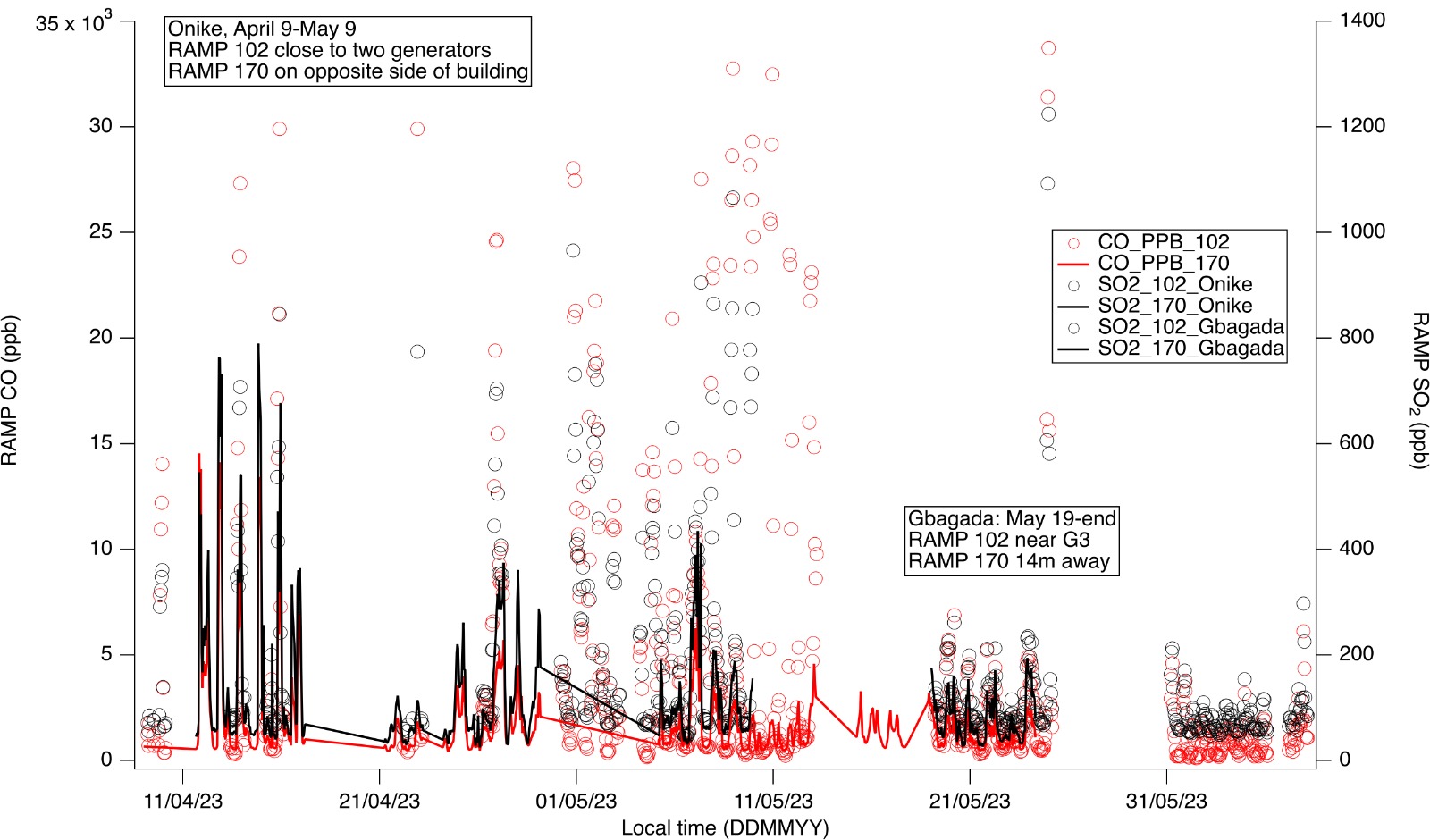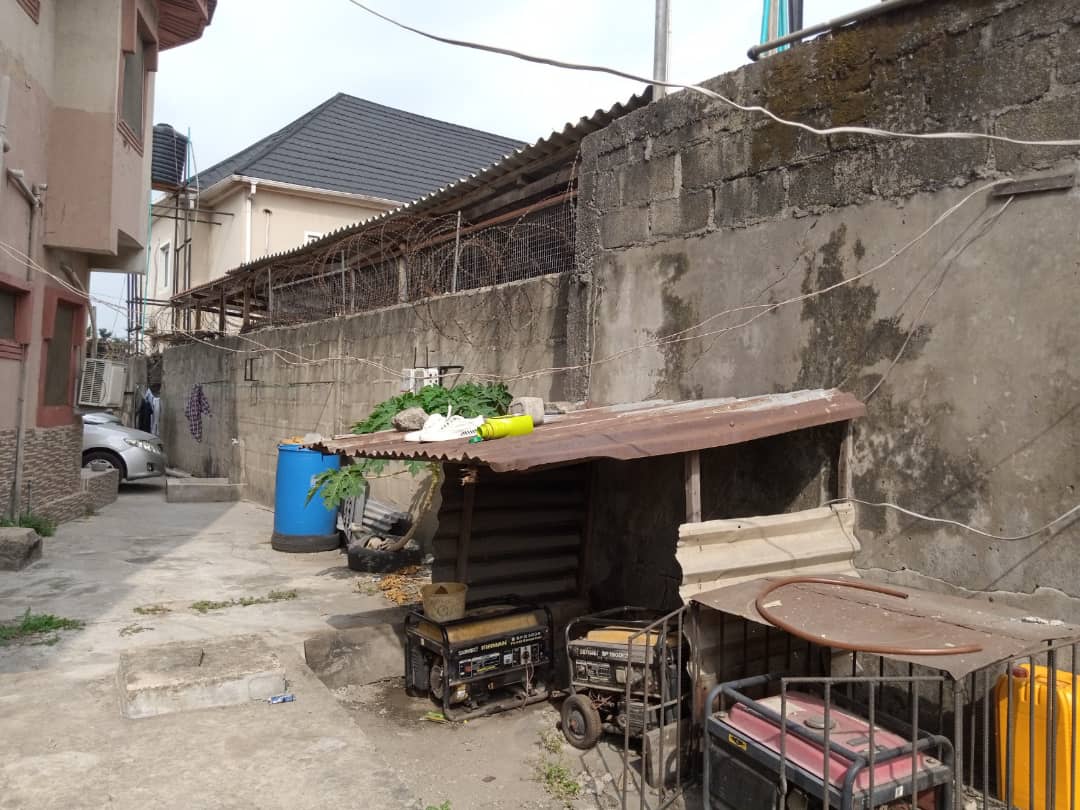Sustainable spillovers
Solar power and air quality in Nigeria


Sustainable spillovers: health and environmental impacts of solar energy adoption
Project overview
Rapid urbanization is straining electricity grids in many developing countries. Nigeria boasts high connectivity rates, but actual electricity access is much lower—the average electricity connection only functions a third of the time. Many households rely on generators to fill this service gap. These small generators are often powered by two-stroke gasoline engines, which generate carbon emissions and harmful co-pollutants. Solar home systems are an increasingly affordable alternative energy source. We partner with a growing solar company in Nigeria to test if households with solar system access substitute away from generators. We additionally propose to pilot low-cost sensors to directly measure carbon and co-pollutant generator emissions. Imported fuel quality in Nigeria is notoriously low, which likely increases emissions. Our pilot and measurement activities will inform the development of a full-scale randomized evaluation to quantify the carbon and air quality benefits of household substitution from generators to solar power.
Research team
Collaborators on this project include
- Lori Beaman (Northwestern)
- Josh Deutschmann (University of Chicago)
- R. Subramanian (Center for Study of Science, Technology and Policy)
Field work partners: Oxford Policy Management, Nigeria
Funding
This pilot project has received support from the King Climate Action Initiative at Abdul Latif Jameel Poverty Action Lab (J-PAL) and Monash University